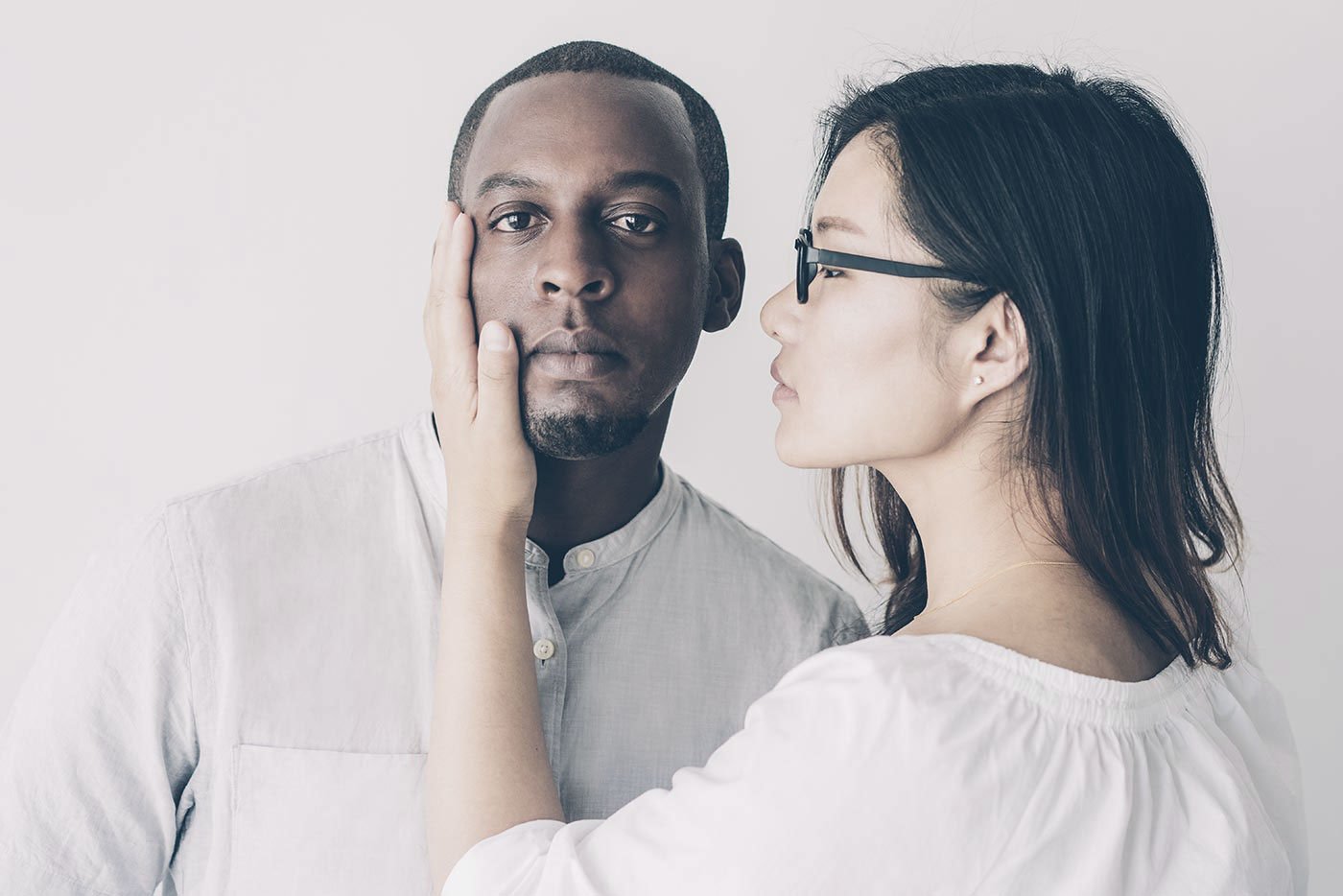What Is Extended Juvenile Jurisdiction (EJJ) In Minnesota?
Under Minnesota law, juveniles can be “certified” into adult court when they are as young as 14. If the juvenile is certified the court will treat him or her as an adult and pursue a criminal conviction against him or her like an adult. Likewise, if a conviction is obtained, the child will be punished like an adult – including being sentenced to adult prison.
The law actually creates a presumption that certain juveniles will be certified as adults. These individuals that carry the presumption are 16 and 17 year olds who have committed either a felony offense that would result in a presumptive commitment to prison under the sentencing guidelines or any felony offense while using a firearm.
Another process the court allows is extended jurisdiction juveniles (EJJ). EJJ’s allow for something of a hybrid between juvenile and adult court in which a minor can receive both a juvenile sentence and a stayed adult sentence that would be imposed if they fail to satisfy the conditions of their juvenile sentence. An EJJ also allows the juvenile court system to continue to have jurisdiction over the juvenile until they are 21 years old.
EJJ has been on the books in Minnesota since 1995 and allows the juvenile court to issue a dual sentence — an adult sanction and a juvenile sanction. The juvenile justice system will enforce the juvenile sanction until the offender’s 21st birthday, with the adult sanction enforced if the juvenile court orders are violated.
EJJ means potential prison time, so it is important to fully understand your rights and have an attorney capable of protecting them in this complex system. Defense lawyer Christa Groshek understands the unique needs of minors in the justice system and how to protect their rights in both juvenile and adult court.
Learn about your rights. Call Groshek Law PA today in Minneapolis at 612-426-7047 to talk with an experienced juvenile defense lawyer.
Eligibility For EJJ
In determining whether an extended juvenile jurisdiction disposition is appropriate, the individual’s age as well as the nature and severity of the crime will be key factors. Other factors include the juvenile’s record or previous behavior while on probation.
EJJ Hearings
Once the prosecutor has made an EJJ designation, a hearing will be held before a judge to determine whether the case will be designated EJJ or simply dealt with as a delinquency matter. The court will order a probation study and psychological study, and a hearing will focus on whether the prosecutor can prove by clear and convincing evidence that the statutory factors for EJJ have been met. The juvenile’s attorney will be able to cross-examine the state’s witnesses as well as present witnesses on the juvenile’s behalf. EJJ is also the fallback option when an adult certification motion fails.
Skilled Legal Assistance | Call Now
Juvenile cases are extremely unique , so it cannot be stressed enough how important it is to have an attorney who is familiar with the complexities and procedures involved in EJJ. Call us today at 612-426-7047 or send us an email to schedule an appointment with an experienced lawyer.








